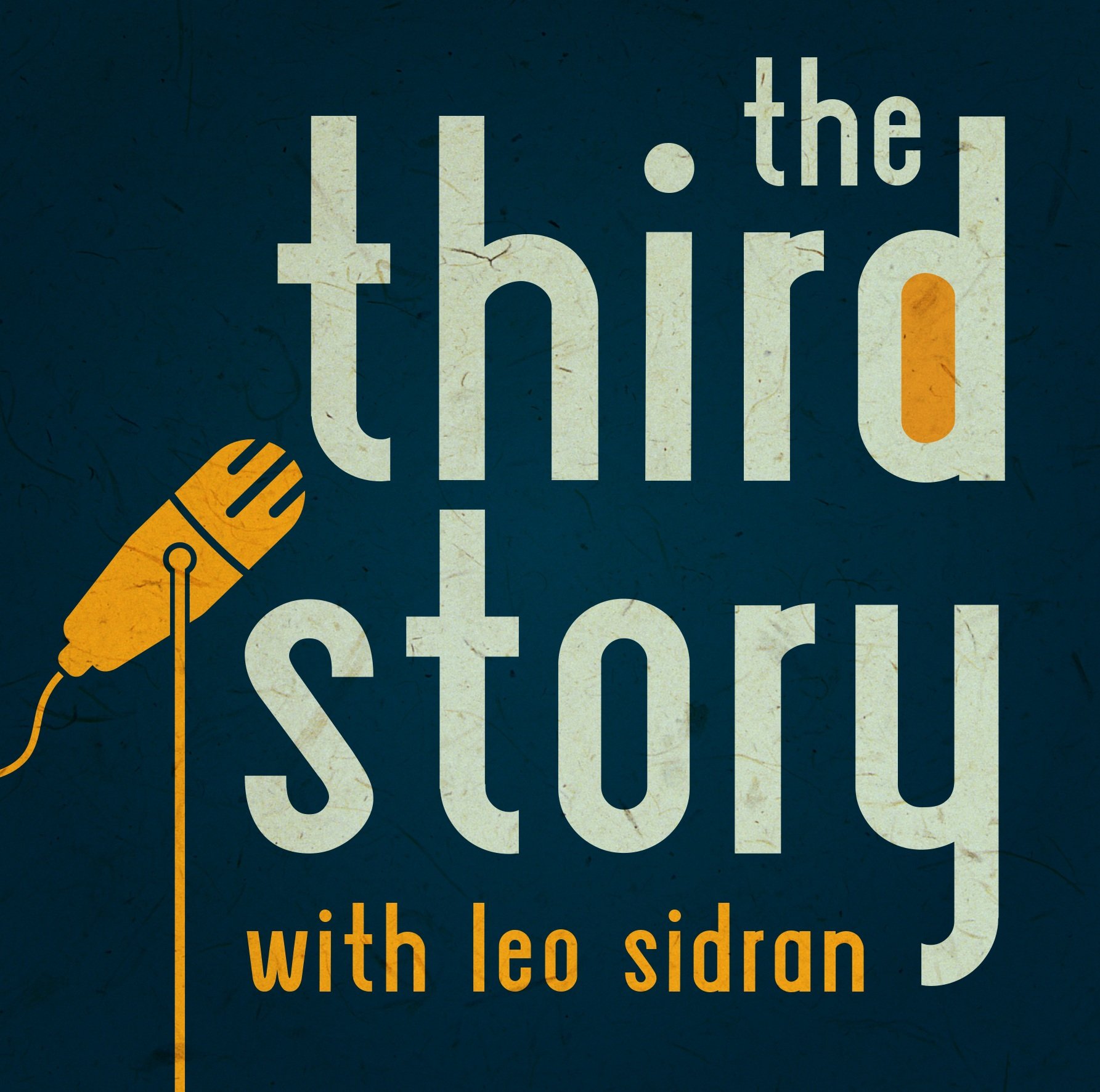300: Moses Patrou
Moses Patrou is a singer, songwriter, drummer, organist, producer—and my old friend. He has just released a new album called Confession of a Fool, and it’s the record he’s been building toward his whole life. A deeply soulful statement that somehow sounds like the past and the present at the same time.
Moses and I go way back. We first met as teenagers in Madison, Wisconsin, when he came over to my house one day with a conga drum under his arm and a gleam in his eye. We jammed that day, and we’ve been making music together ever since. We were both drummer kids raised by piano-player fathers. The blues and R&B were in our DNA. And we were both reared on the word of Mose Allison—Moses was even named after him.
In the early 2000s, before either of us had any real idea what we were getting into, we began working on what would become his debut album, Introducing Moses Patrou. We started recording it in Madison in 2001, just for the love of it—no expectations, no strategy. When I moved to New York in 2005, we picked up the pieces and finished it there. The album was released in 2007. But it wasn’t just the release that mattered—it was the process. We made it because we had to. Because the music was already there, and we were just finding it.
By the time I got to New York, Moses was already embedded in the scene. He was one of the few people of my generation I knew who had a real musical community in the city. He was playing gigs, teaching, and living in a now-legendary house in DUMBO. Saxophonist Jay Collins—who held the lease—was his roommate. Jesse Murphy and Aaron Johnston of Brazilian Girls were upstairs. Drummer Marlon Browden was in the house too. It was a kind of boot camp and clubhouse for New York musicians. Moses was the one who plugged me in. He introduced me to the cats. And in turn, I brought him into my world—advertising, commercial music, session work. We became each other’s guides. I’ve always floated a little more “above the line,” and Moses has always been deep in the trenches—living the music life with everything he’s got.
With Moses Patrou, somewhere, sometime between 1995 and 2025.
Our conversation traces that arc: from his roots in hand drumming and hip hop in Madison, to his immersion in Cuban and Brazilian traditions, to the house fire in Brooklyn that nearly ended everything—and how it also marked the beginning of something new. We talk about how he taught himself to play organ during the pandemic, learning harmony the same way he learned rhythm: by listening, by feeling, by being in the music. These days, a lot of people in New York know Moses first as an organ player. But that transformation didn’t come from school or a program. It came from life, from grit, and from a refusal to stop growing. Because he can’t stop. He even named his sophomore album Can’t Stop, Vol. 1.
There’s a deep honesty in the way Moses makes music. His songs often sound like they’ve been around forever. They walk a tightrope between tradition and originality, between the familiar and the unexpected. He writes blues songs, love songs, story songs—often with a twist, always with soul. There’s a line in one of his new songs that I keep coming back to: “If it ain’t me, who’s it gonna be tonight?” It could mean anything, and it means everything. That’s how his songs work—they’re personal and universal, clever and raw.
Moses Patrou has done every kind of gig you can imagine. He’s played clubs and weddings, dive bars and festival stages, street parades and fancy listening rooms. He’s played for money, for no money, and for the love of it. And through all of it, he’s kept writing, kept working, kept showing up. Confession of a Fool is the sound of an artist fully in his voice. It’s the result of years in the wilderness and years in the shed—of real life lived, and music made along the way.
Today, as I celebrate the 300th episode of The Third Story, I can’t think of a better person to talk to than Moses Patrou—my friend, my collaborator, and one of the reasons I found my way into this city and onto this scene all those years ago.


